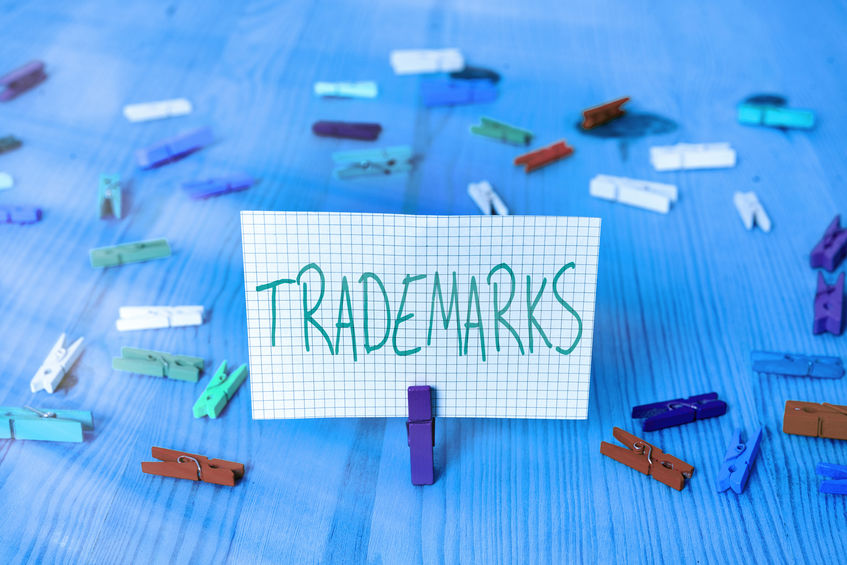What is a Trademark?
A trademark is a word, phrase, symbol, and/or design that identifies and distinguishes the source of the goods of one seller from those of others. It is essentially a brand name. It is not to be confused with a service mark, which is used to identify and distinguish the source of a service rather than goods.
Should I Register my Trademark?
There are no federal regulations making it mandatory to register a mark. Nevertheless, it a wise idea to do so due to the advantages that follow. Registering a mark is advantageous because:
- It gives notice to the public of the registrant’s clam of ownership of the mark;
- There is a legal presumption of ownership nationwide; and
- It gives exclusive right to use the mark on or in connection with the goods/services listed in the registration.
What is the Lanham Act?
The Lanham Act is a federal trademark statute designed to protect the owner of a federally registered mark against the use of similar marks if such use is likely to cause consumer confusion. Among other things, the Lanham Act prohibits false advertising, trademark dilution and trademark infringement. This act helps prevent other companies or individuals from using the logo, symbol, phrase, word, design, or other mark already used by another entity.
Can I Bring a Lawsuit Under the Lanham Act if I Do Not Have A Registered Trademark?
Federal law does not require trademarks to be registered in order to obtain legal protection. An unregistered trademark is also known as a common law trademark and its protections are enforceable in state courts. A claim for an unregistered trademark is limited to the geographic area in which the trademark is used or is known by consumers. In order to bring a common law trademark claim, the trademark holder must show that the mark is distinctive among nationwide consumers and it is used in commerce.
What Protections are Available for an Unregistered Trademark?
Certain safeguards are in place for unregistered trademarks, however registered trademarks are afforded a higher level of protection. In the event that a common-law trademark owner discovers that someone else is using their mark, he or she may seek an injunction to stop this unauthorized use. A majority of states will not award damages for infringement of an unregistered trademark or recovery of attorneys’ fees. However, trademark laws vary from state to state.
Can I Register a Trademark in Florida?
Yes, you may apply for a Florida trademark through the Florida Department of State. Registration will usually take around six weeks to complete. Florida trademarks are broken down into three classes (fanciful, arbitrary and suggestive) and registration of a mark costs $87.50 per class. A Florida trademark will last for five years and it must be renewed six months prior to expiring.


